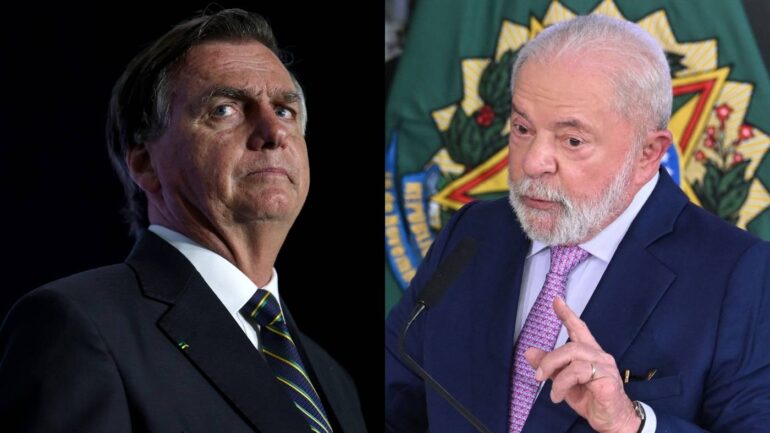Why has Australia moved to the centre while Brazil has shifted so dramatically to the right? What’s the future of democracy in the South American nation? And what does it mean for us here in Australia?
Almost exactly two years on from the January 6 attacks in the US, a similar attack took place in Brazil.
On January 8, 2023, following the failure of the then-president, Jair Bolsonaro, in the 2022 Brazilian general election, a mob formed with thousands of his supporters started riots and attacked government buildings.
The mob invaded and vandalised the Supreme Federal Court, the National Congress Building and the Planalto Presidential Palace.
Listen to episode five of Defending Democracy with Malcolm Turnbull below:
They used violence and threats to abolish democracy and overthrow the elected president of Brazil, Luiz Inácio Lula da Silva (Lula).
In episode five of Defending Democracy with Malcolm Turnbull, former Australian Prime Minister Malcolm Turnbull talks to Dr Deborah Barros Leal Farias, a Brazilian-born Senior Lecturer in Politics and International Relations at the University of New South Wales, about her opinions on the Jan 8th Congress attack.
They discuss the democracy in Brazil, the relationships of social issues in political campaigns, and how social media continues to affect Brazil’s political system.
Ms Barros said social media played a fundamental role in Bolsonaro’s campaign, in his ten years of leadership, and even now.
“That’s something when you look at the resources on populism, it tends to be quite typical with populists. But there is also another angle where I think that misinformation was really embraced. You can see many crazy things and fake things, but if your audience is not responsive, it does not really work,” she said.
Mr Turbull said Brazil shared some of Australia’s electoral mechanics, including compulsory voting and an independent electoral commission.
And similar to Australia, Ms Barros said political debate in Brazil had typically centered around economics and policy. Until Bosonaro, she said, they had never experienced a politician in an executive position who put social issues like religion, abortion, and homosexuality at the front of the agenda.
“Bolsonaro represented something unique in Brazil. Historically for presidential campaigns, you are talking about left and right, but it’s very much from the traditional, economic, third-world perspectives…so that has been the typical dynamic.”
Under Bosonaro’s leadership, only nine per cent of the Brazilian population was satisfied with democracy in the system by 2018.
There are six episodes of Defending Democracy with Malcolm Turnbull are available now on LiSTNR or wherever you get your podcasts.
